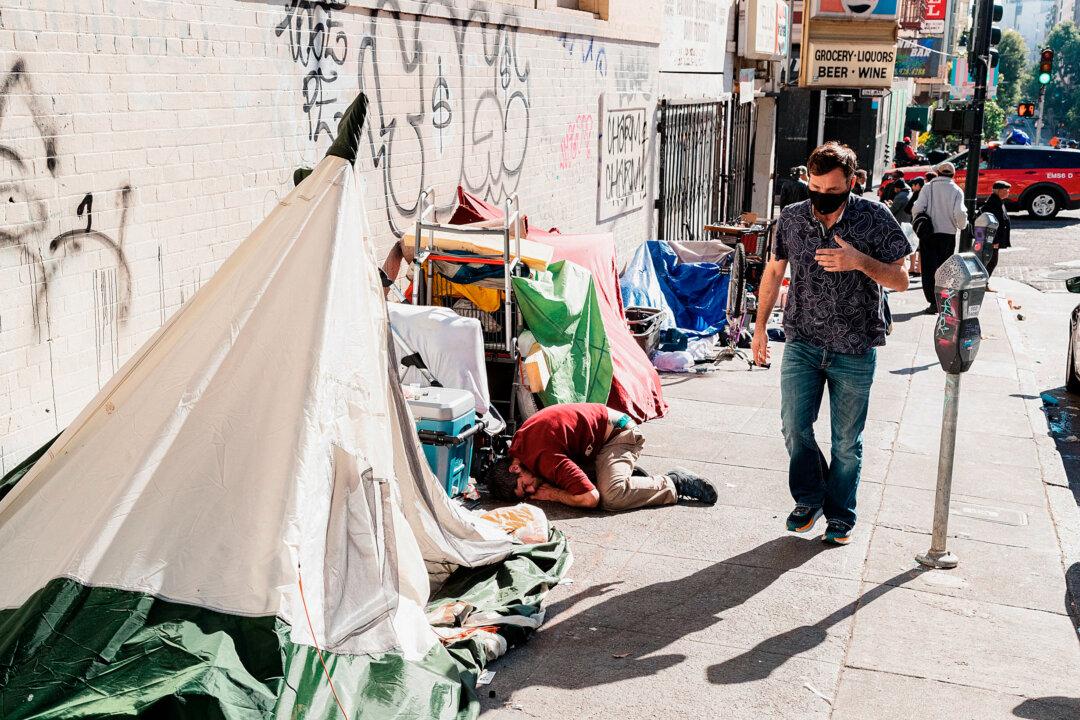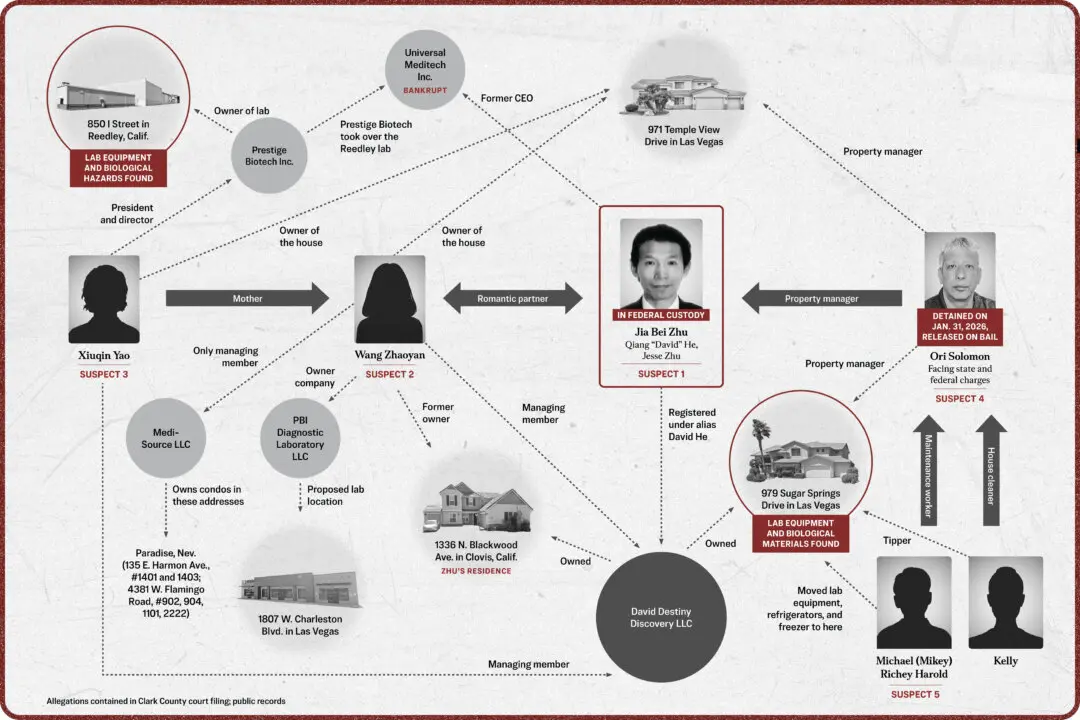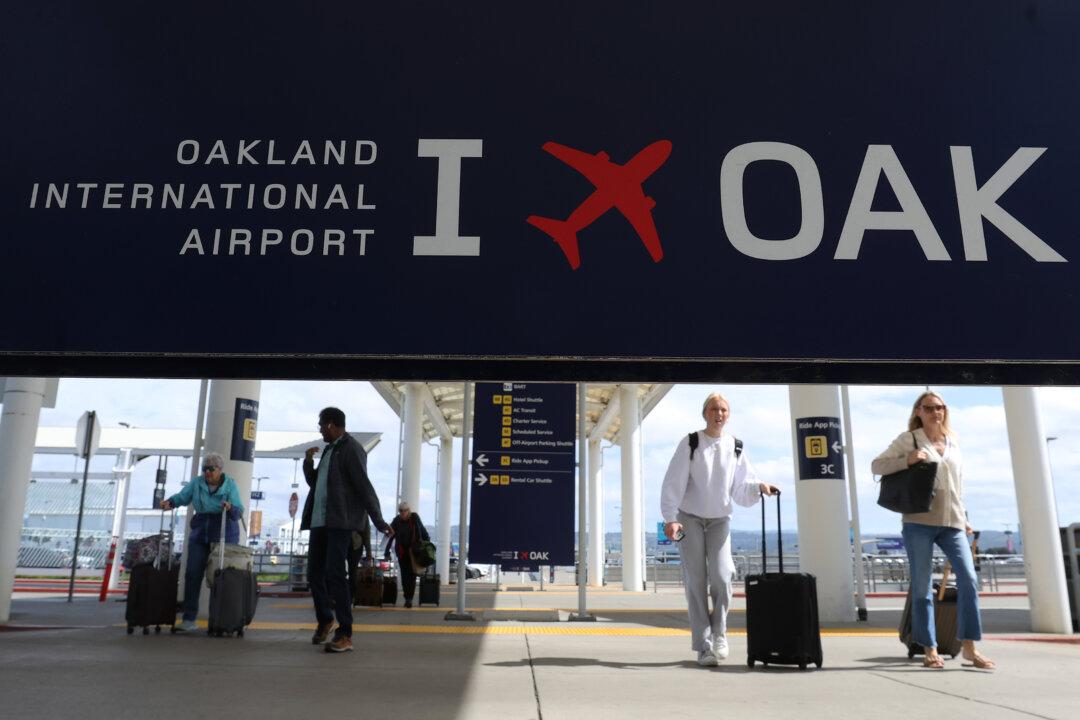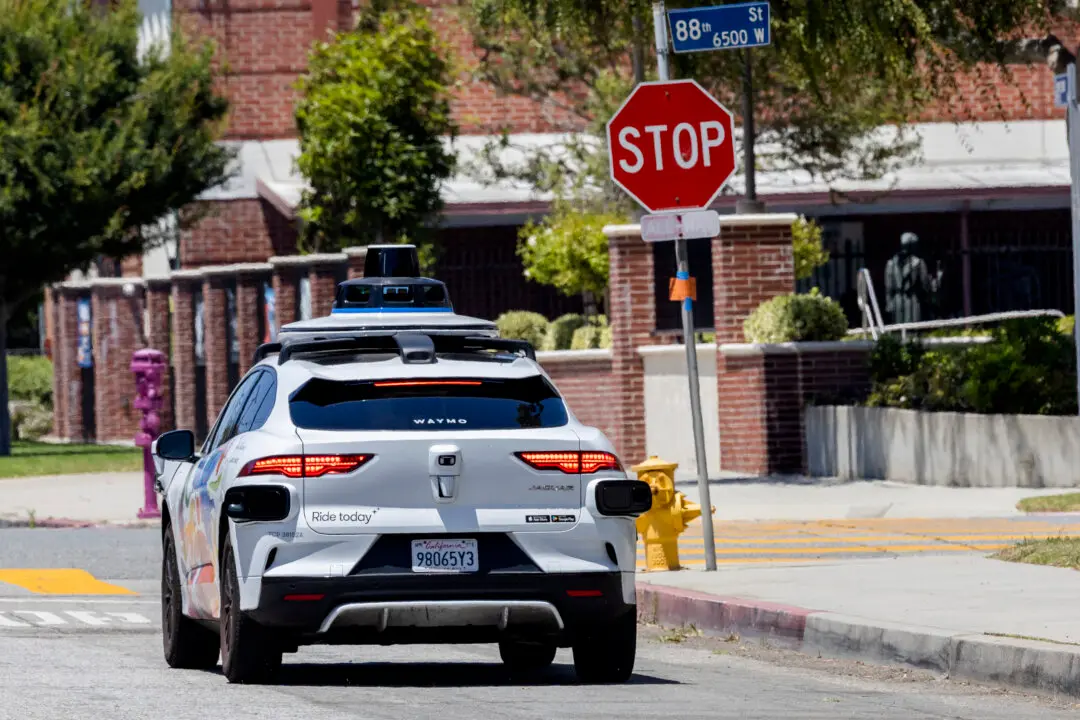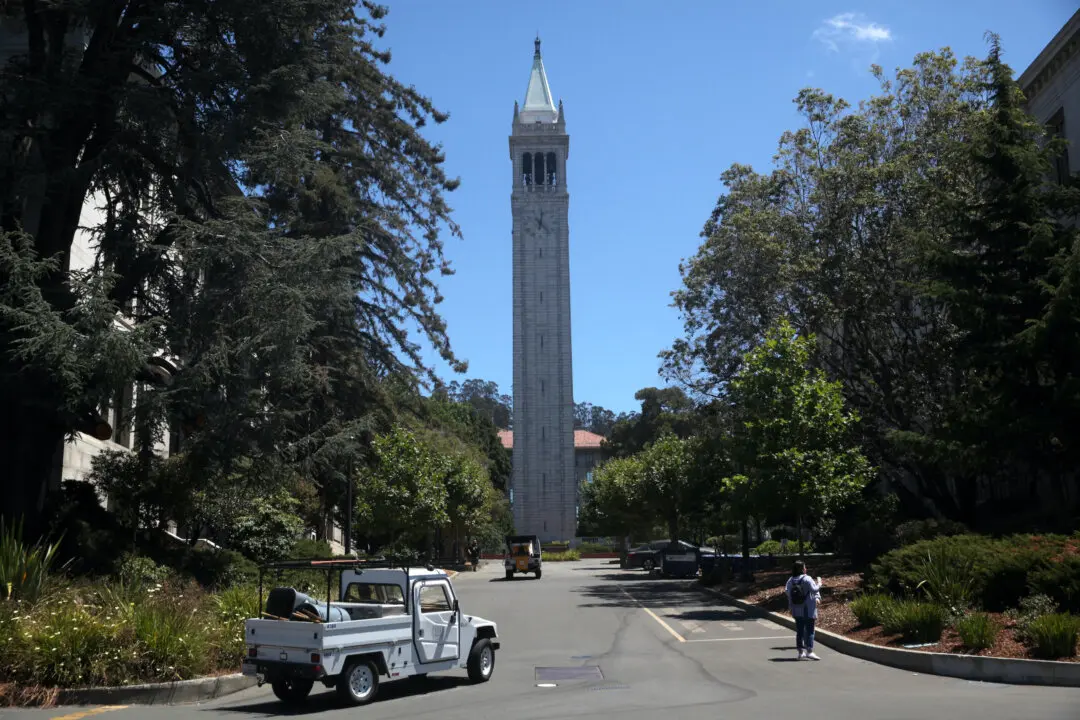FREMONT, Calif.—The city of Fremont on Feb. 11 passed a sweeping homeless camping ban with a 6–1 vote following two hours of public comments in a regular council meeting.
The ordinance forbids anyone from camping or maintaining an encampment on any public properties or any private properties without the owner’s consent.
